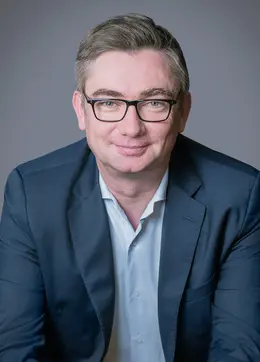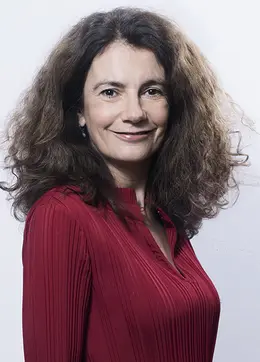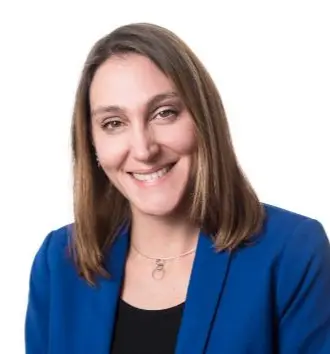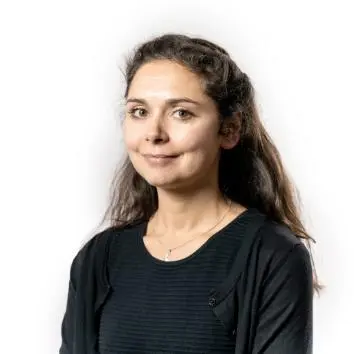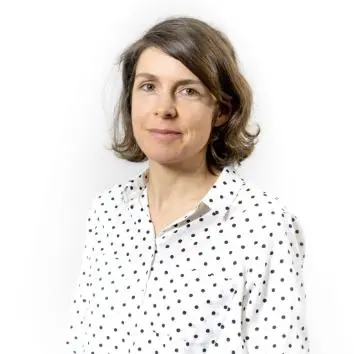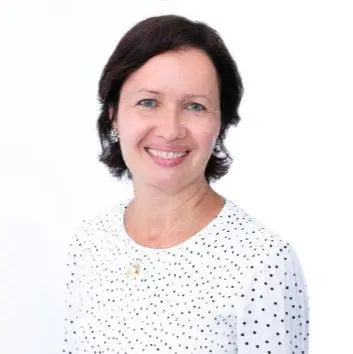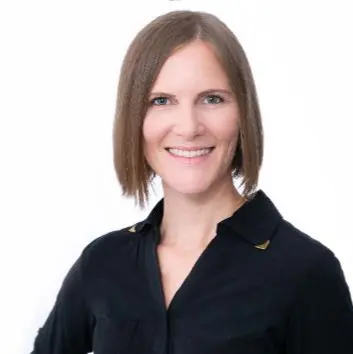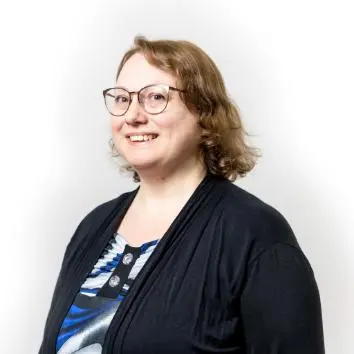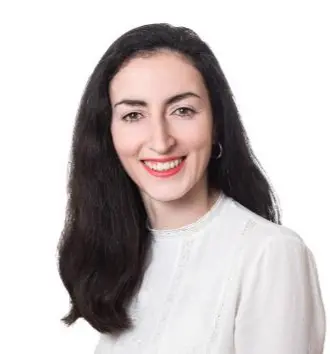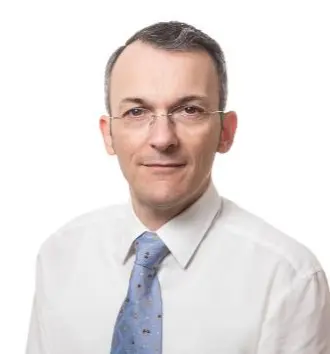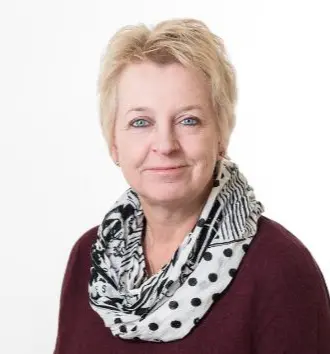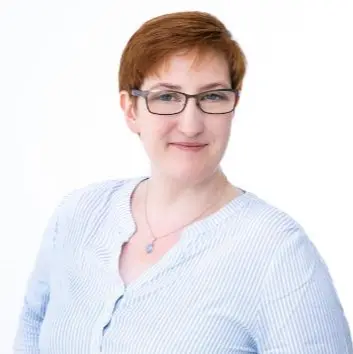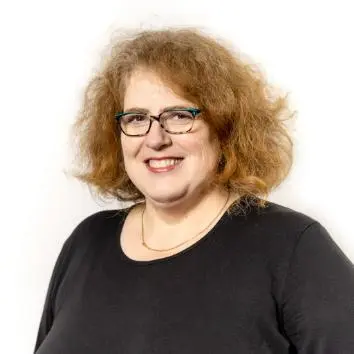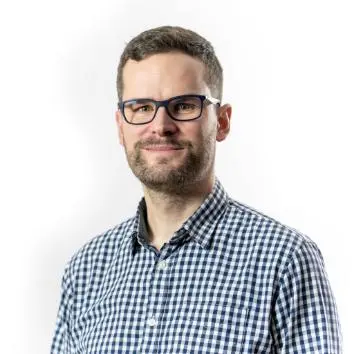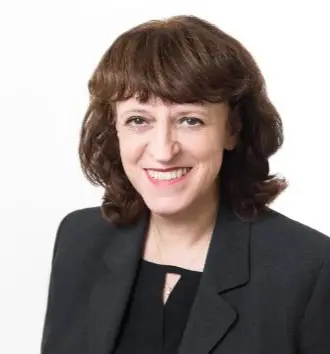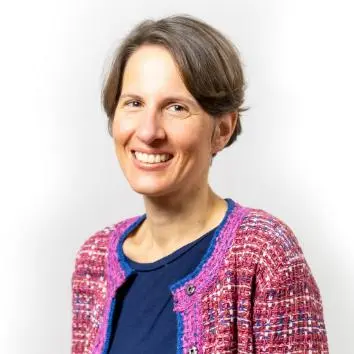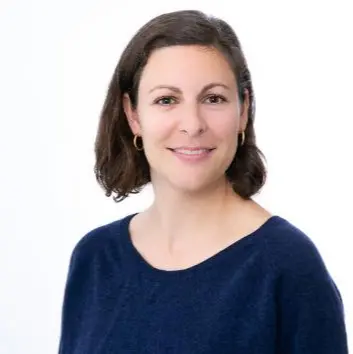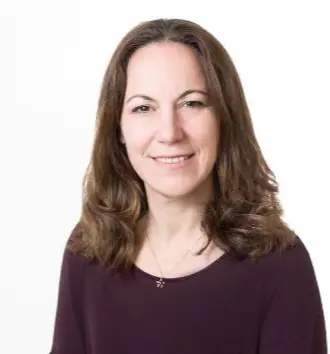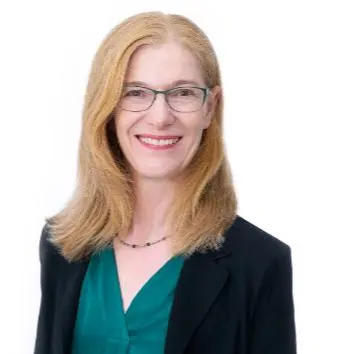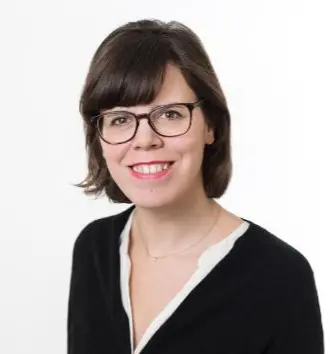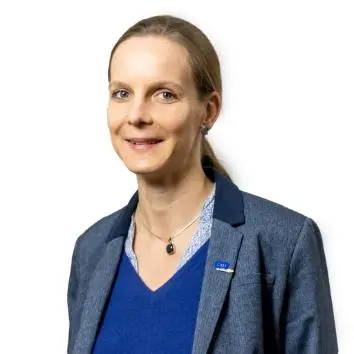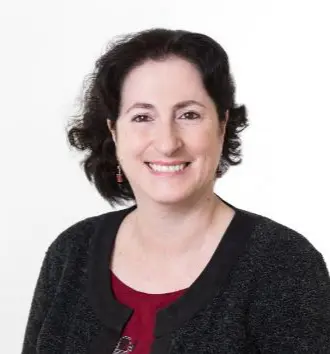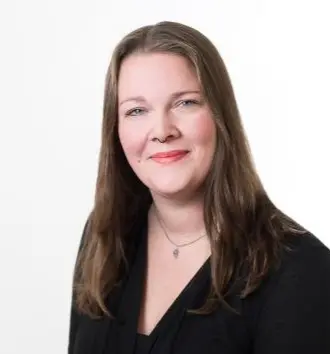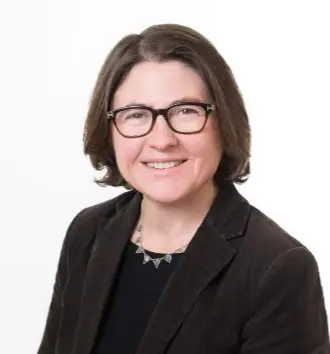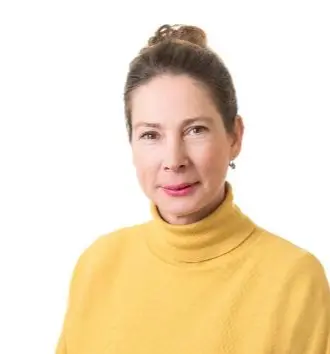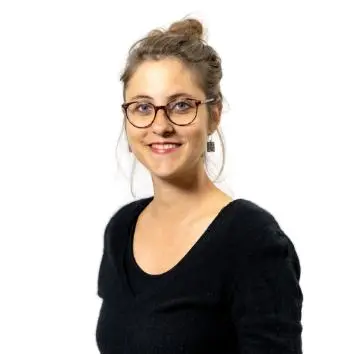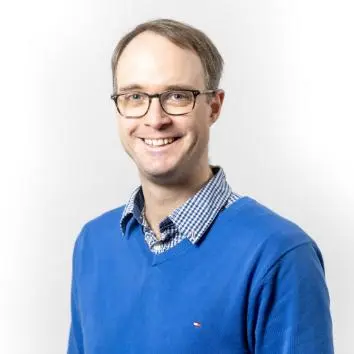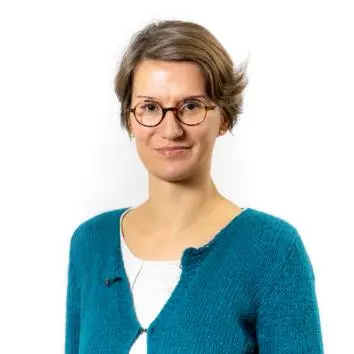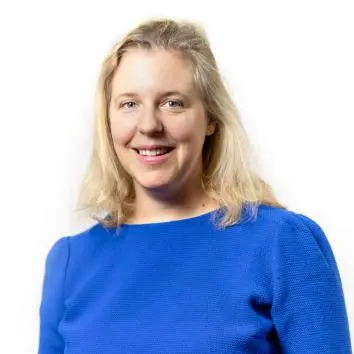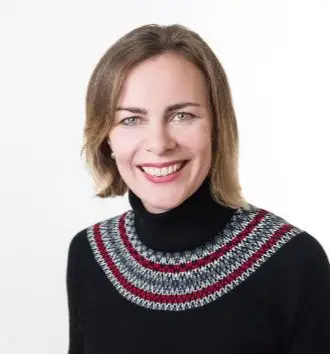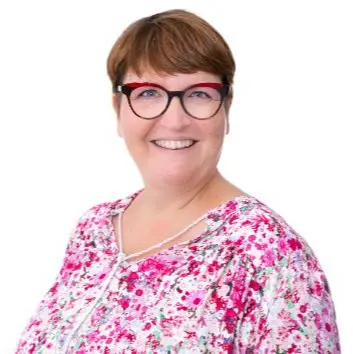Secrétariat général
As the executive body of the Board of Governors, the General Secretariat is responsible for overseeing and managing the FGYO. It is made up of two General Secretaries, one from France and one from Germany, who are appointed in agreement by both governments. The duration of a term is six years each, can be renewed once, and begins time-displaced by three years. Since January 2020, the FGYO has been headed by Tobias Bütow and Anne Tallineau.
Unit: regions, Europe and neighbourhood

Felicitas Kotzias
Jumelages
Programmes- Bourse : Job dans la ville jumelée
- Organiser des rencontres de jumelages et de partenariats régionaux

Laura Bonn
Programmes trinationaux, fonds spéciaux PECO, PESE et Maghreb
Programmes- Rencontres trinationales
Department I: Finance, Human Resources and Administration
Department II: School Exchanges and Extracurricular Exchanges
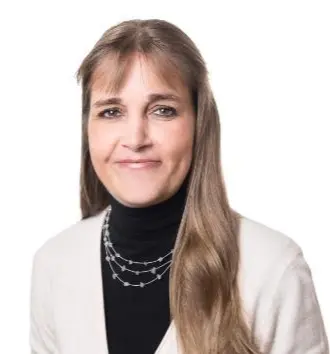
Anne Sandner
Enseignement secondaire
Programmes- Rencontres et échanges scolaires
- Organiser des échanges scolaires
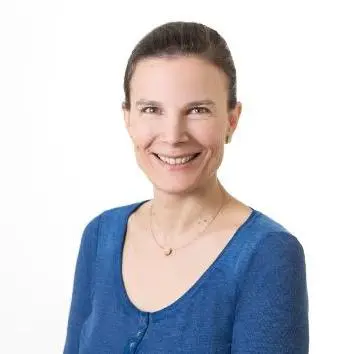
Patricia Paquier
Rencontres en tiers-lieux, programmes pour les - de 12 ans et spéciaux
Programmes- Rencontres et échanges scolaires
- Organiser des échanges scolaires
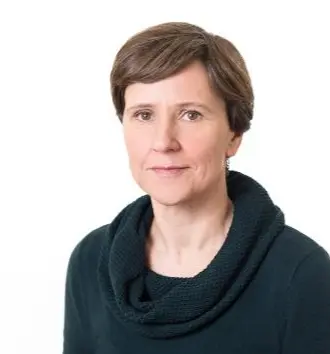
Anett Waßmuth
Programme Brigitte Sauzay (allemand) et Programme Voltaire
Programmes- Programme d’échange Voltaire
- Programme d’échange Brigitte Sauzay
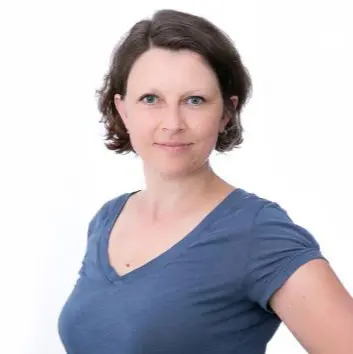
Ulrike Papendieck
Programme Brigitte Sauzay (français)
Programmes- Programme d’échange Brigitte Sauzay

Amandine Delmas
Assistante
Programmes- Le programme FOCUS : Élaborer un projet de coopération scolaire et extrascolaire
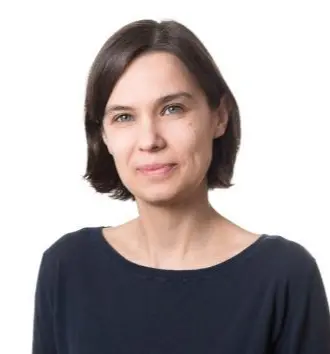
Anne-Sophie Lelièvre
Échanges sportifs, culturels, scientifiques et techniques
Programmes- Rencontres extrascolaires
- Organiser des rencontres scientifiques
- Organiser des rencontres culturelles
- Organiser des rencontres sportives

Amandine Delmas
Échanges scolaires et extrascolaires, FOCUS
Programmes- Le programme FOCUS : Élaborer un projet de coopération scolaire et extrascolaire
Department III: Vocational Training, University Exchanges and Volunteering
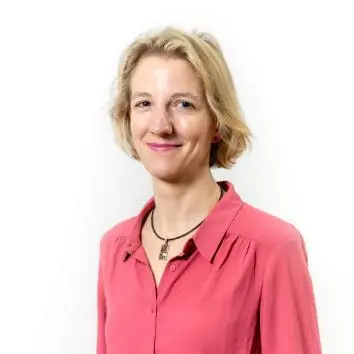
Sofia Terhalle
Echanges: Formation professionnelle et technologique - Insertion professionnelle
Programmes- Bourse : Séjour d’études en formation artistique

Jennifer Lauer
Echanges: Formation professionnelle et technologique - Insertion professionnelle
Programmes- Bourse : Stage pendant les études ou la formation
- Bourse : Stage dans l’enseignement
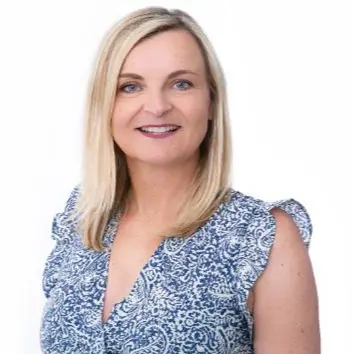
Eva Philippon
Echanges: Formation professionnelle et technologique - Insertion professionnelle
Programmes- Organiser des rencontres professionnelles
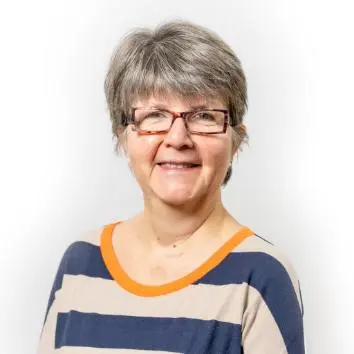
Noëlle Marceaux
Stages enseignement professionnel et technologique – Travail chez le partenaire
Programmes- Travail chez le partenaire
- Bourse : Stage pendant les études ou la formation

Victoria Seidl
Volontariat Franco-Allemand en établissement scolaire
Programmes- Volontariat Franco-Allemand

Clara Hachmann
Volontariat Franco-Allemand dans le domaine associatif et dans l'enseignement supérieur
Programmes- Volontariat Franco-Allemand

Antoine Daelman
Volontariat Franco-Allemand en établissement scolaire
Programmes- Volontariat Franco-Allemand

Clara Dubourg
Volontariat Franco-Allemand en établissement scolaire
Programmes- Volontariat Franco-Allemand

Thekla Schödel
Volontariat Franco-Allemand dans l’enseignement supérieur
Programmes- Volontariat Franco-Allemand
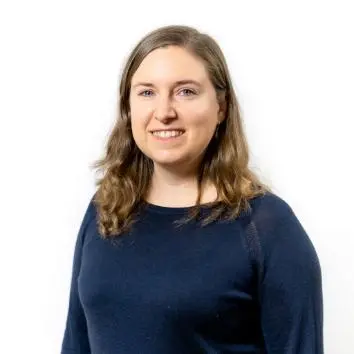
Michaela Christmann
Chantiers et séminaires universitaires
Programmes- Séminaires universitaires
- Chantiers bénévoles

Michaela Christmann
Chantiers et séminaires universitaires
Programmes- Séminaires universitaires
- Chantiers bénévoles

Sofia Terhalle
Echanges: Formation professionnelle et technologique - Insertion professionnelle
Programmes- Bourse : Séjour d’études en formation artistique

Aurélie Sobhan
Jeunes professionnels et artistes
Programmes- Séjours de jeunes professionnels en musée
- Programme Georges-Arthur Goldschmidt
- Organiser des projets artistiques pour de jeunes professionnels
Bureau IV : Intercultural Training
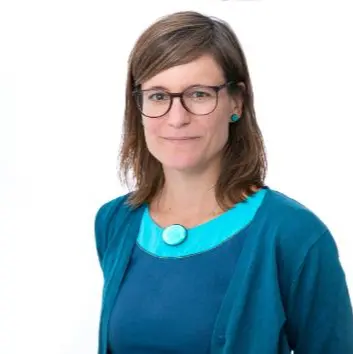
Julia Gottuck
Apprentissages précoces
Programmes- Cours d’allemand à partir de 12 ans
- Les rencontres franco-allemandes pour enfants
- Cours d’allemand extrascolaires pour enfants
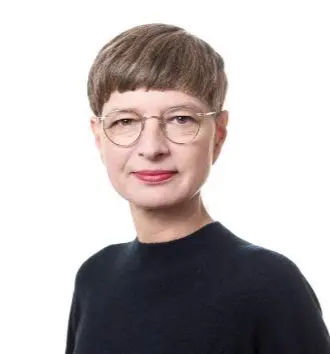
Dominique Granoux
Formations enseignement primaire, secondaire et professionnel
Programmes- Cours d’allemand extrascolaires pour enfants
- Formation pour enseignants
- Enseigner dans une école primaire en Allemagne avec le programme Élysée Prim
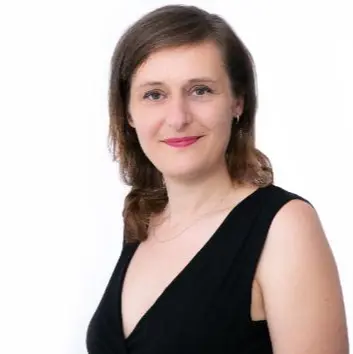
Géraldine Boiteau
Transition écologique et formation binationale
Programmes- Formation à l’animation BAFA-Juleica
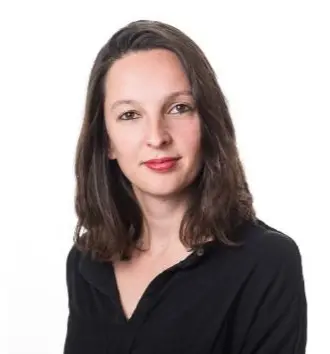
Lucile Poulteau
Formations de base à l’animation interculturelle et base de données des animatrices et animateurs
Programmes- Formation à l’animation interculturelle
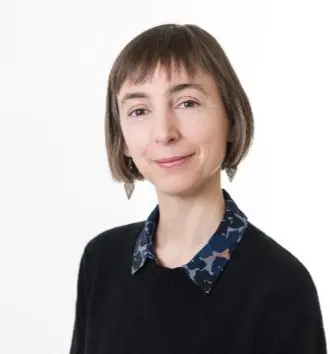
Camille Farnoux
Pédagogie numérique
Programmes- PARKUR, la plateforme pour améliorer son allemand
- FriDa, la plateforme des échanges extrascolaires
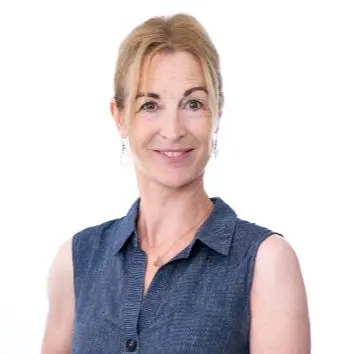
Yvonne Holtkamp
Animation linguistique, animateurs interprètes, formations linguistiques
Programmes- Formation à l’animation linguistique
- Formation pour être animateur-interprète

Amrei Beck
Cours de langues
Programmes- Bourse pour les multiplicatrices et multiplicateurs des échanges franco-allemands
- Devenir encadrante ou encadrant de cours Tandem
- Cours binationaux en tandem

Camille Farnoux
Pédagogie numérique
Programmes- PARKUR, la plateforme pour améliorer son allemand
- FriDa, la plateforme des échanges extrascolaires

